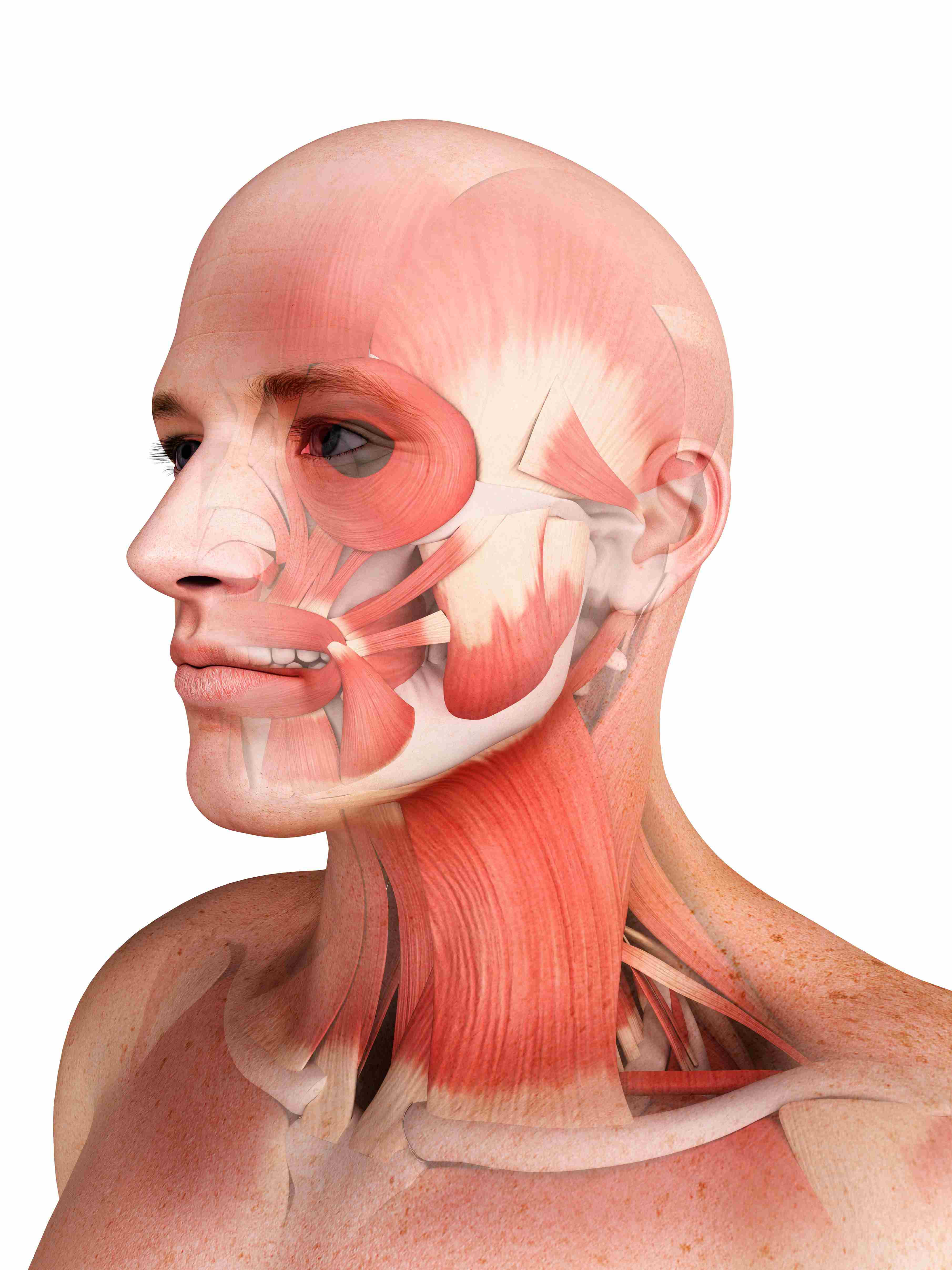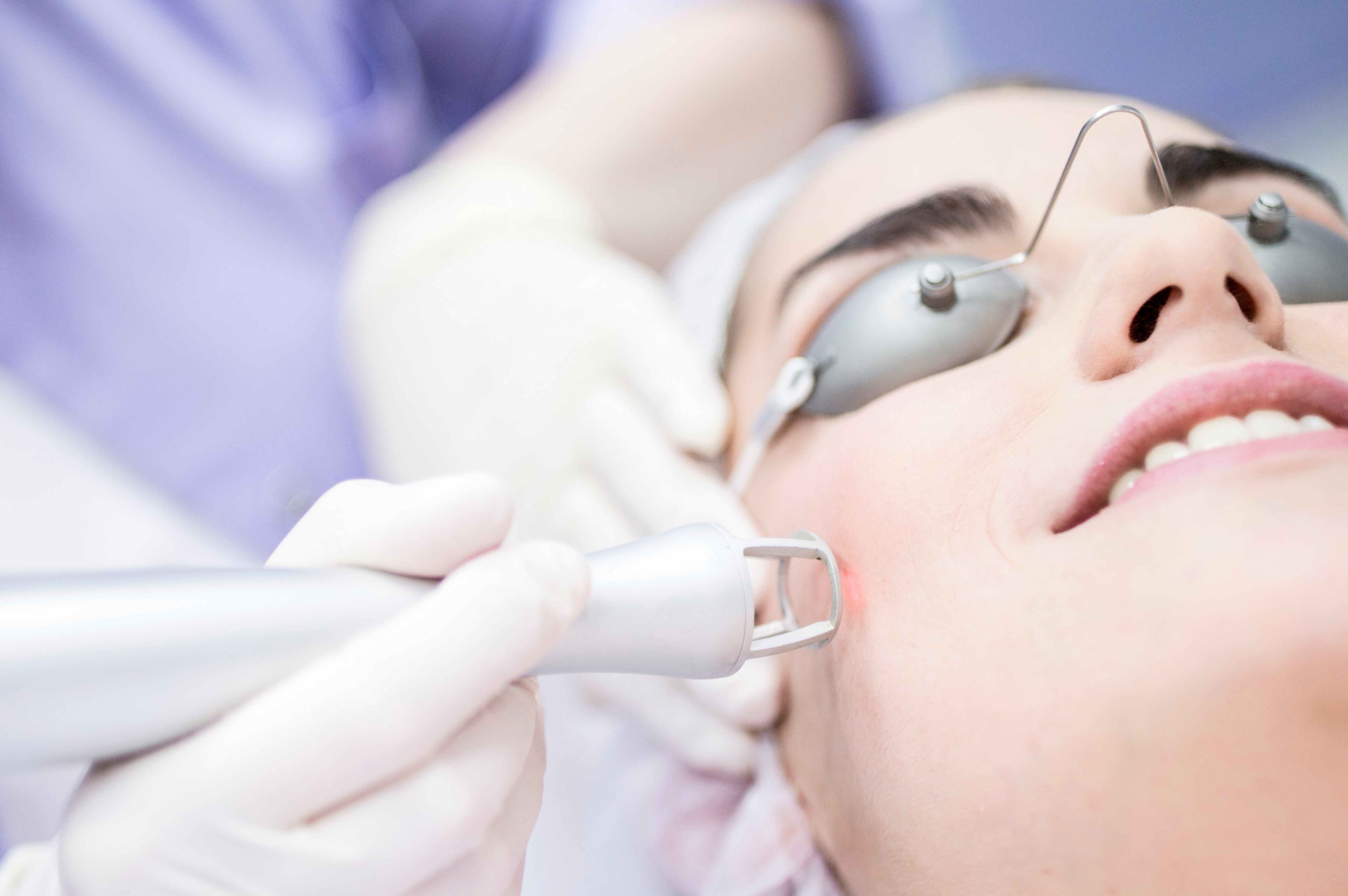The global search volume for "cosmetic procedures" has surged by over 200% in the last five years, a statistic that paints a clear picture: the decision to pursue aesthetic enhancement is no longer a whispered secret but a mainstream component of modern self-care. This shift isn't just about changing beauty standards; it's about the democratization of advanced medical technology. As sophisticated techniques become safer and more accessible, the conversation has evolved from "if" to "where" and "how." This guide is engineered to navigate that complex landscape, moving beyond glossy brochures to provide a foundational, evidence-based framework for making one of the most personal decisions of your life.
What is a Center for Plastic Surgery? 🤔
A Center for Plastic Surgery is far more than a clinic; it's a highly specialized medical institution dedicated to the art and science of restoring, reconstructing, and enhancing the human form. Unlike general dermatology offices or aesthetic spas that may offer limited non-invasive treatments, a dedicated center provides a comprehensive spectrum of care, from complex reconstructive surgeries to sophisticated non-surgical refinements.
The primary function of these centers is twofold:
- Reconstructive Surgery: This focuses on correcting physical abnormalities caused by congenital defects, trauma, burns, or medical conditions like cancer. The goal is to restore normal function and appearance.
- Cosmetic (Aesthetic) Surgery: This is performed to enhance a person's appearance and improve aesthetic appeal, symmetry, and proportion. The objective is to boost self-confidence and satisfaction with one's appearance.
In 2025, a leading center for plastic surgery is characterized by its integration of cutting-edge technology (like 3D virtual imaging for surgical planning) and a holistic, patient-centric approach. This means care extends beyond the operating room to include detailed consultations, personalized recovery plans, and long-term follow-up. It is a place where medical expertise meets artistic vision.
💡 The Modern Plastic Surgery Center
Think of a modern center as a hub of aesthetic innovation. It's not just about procedures; it's about providing a safe, professional environment where individual goals are understood and met through a combination of surgical skill, advanced technology, and comprehensive patient care.
Key Surgical and Non-Surgical Services 💉
The range of services offered by a plastic surgery center is vast and continually evolving. Understanding the primary categories can help you identify what might be suitable for your goals. Broadly, these services are divided into surgical and non-surgical procedures.
Surgical procedures involve incisions and tissue manipulation, typically performed under anesthesia, and require a significant recovery period. Non-surgical procedures are minimally invasive, often involving injections or energy-based devices, with little to no downtime.
Here is a breakdown of some of the most common services you'll find:
| Category | Common Procedures | Primary Goal |
|---|---|---|
| Facial Surgery | Rhinoplasty (Nose Job), Blepharoplasty (Eyelid Surgery), Facelift, Brow Lift | Enhance facial harmony, correct signs of aging, improve specific features. |
| Body Contouring | Liposuction, Tummy Tuck (Abdominoplasty), Body Lifts | Remove excess fat and skin, reshape and tone the body. |
| Breast Surgery | Augmentation, Lift (Mastopexy), Reduction, Reconstruction | Alter breast size, shape, and position for aesthetic or medical reasons. |
| Non-Surgical Injectables | Botulinum Toxin (e.g., Botox), Dermal Fillers (e.g., Hyaluronic Acid) | Reduce wrinkles, restore lost volume, and enhance facial contours. |
| Skin Rejuvenation | Laser Resurfacing, Chemical Peels, Microneedling | Improve skin texture, reduce pigmentation, and treat scars or sun damage. |
The choice between a surgical and non-surgical approach depends entirely on your desired outcome, anatomy, and willingness to undergo a recovery period. A thorough consultation with a qualified specialist is essential to determine the most effective treatment plan for you.
How to Verify the Qualifications of Specialists and Medical Staff 🧑⚕️
The single most important factor in the success and safety of your procedure is the expertise of your medical team. Entrusting your body to someone is a significant decision, and verifying their credentials is a non-negotiable step. Here’s how to do your due diligence effectively.
1. Board Certification is Paramount
A "board-certified plastic surgeon" is not just a title. It signifies that the surgeon has completed a specific, rigorous training program in plastic surgery and has passed comprehensive written and oral examinations. This certification is the gold standard and indicates a high level of knowledge, skill, and commitment to patient safety.
In South Korea, for example, you should look for surgeons certified by the Korean Society of Plastic and Reconstructive Surgeons (KSPRS). Every country has its own official board; ensure your surgeon is certified by the recognized authority in their country of practice.
2. Check for Specialization and Experience
Plastic surgery is a broad field. A surgeon who excels at breast augmentation may not have the same level of expertise in complex rhinoplasty. Look for a surgeon who frequently performs the specific procedure you are interested in. Ask to see their portfolio of before-and-after photos, paying close attention to cases similar to yours.
⚠️ Don't Overlook the Anesthesiologist!
For any procedure requiring sedation or general anesthesia, the presence of a board-certified anesthesiologist is crucial. Confirm that the center has a dedicated, full-time anesthesiologist on staff who will monitor you throughout the entire surgery. This is a critical safety measure.
3. Research the Clinic's Reputation and Safety Record
Investigate the center's history. Look for any records of malpractice or disciplinary action. Read reviews from multiple sources, but be a discerning reader. A pattern of consistent, positive feedback regarding safety, results, and patient care is a good sign.
Center Selection Checklist ✅
Choosing the right center is a process of careful evaluation. This checklist is designed to help you compare clinics and make an informed decision. Use it during your research and consultations to ensure all your bases are covered.
| Area of Evaluation | Key Questions to Ask | Why It Matters |
|---|---|---|
| Credentials & Expertise | Is the surgeon board-certified in plastic surgery? Do they specialize in my desired procedure? Is there a board-certified anesthesiologist on staff? | Ensures the highest level of training, skill, and safety for your specific needs. |
| Safety & Facility | Is the surgical facility accredited? What emergency protocols are in place? How is equipment sterilized? | Guarantees that the environment meets hospital-grade safety standards, minimizing risks of complications. |
| Consultation Quality | Did I meet with the actual surgeon? Was the consultation thorough? Were all my questions answered without rushing? Did they use tools like 3D imaging? | A quality consultation builds trust and ensures that you and your surgeon have a shared, realistic understanding of the goals. |
| Portfolio & Reviews | Can I see before-and-after photos of patients with similar anatomy? What do recent reviews say about the patient experience? | Provides tangible evidence of the surgeon's aesthetic style and the clinic's consistency in delivering results and care. |
| Post-Operative Care | What is included in the aftercare program? How many follow-up visits are scheduled? Is there a 24/7 contact for emergencies? | Proper aftercare is critical for a smooth recovery and optimal results. It shows the clinic is invested in your long-term well-being. |
| Transparency & Cost | Is the price quote all-inclusive (anesthesia, facility fees, follow-ups)? Are there any hidden costs? | Clear, upfront pricing prevents unexpected financial stress and reflects the clinic's professionalism. |
Real Experiences: From Consultation to Recovery 🚶♀️
Understanding the patient journey from start to finish can demystify the process and help you prepare mentally and physically. While every individual's experience is unique, the path generally follows these key stages.
Stage 1: The Consultation
This is your opportunity to interview the surgeon and clinic. Come prepared with a list of questions. A great surgeon will listen intently to your goals, conduct a physical examination, and explain your options—including the risks and limitations. They should set realistic expectations, not promise perfection. You should leave feeling informed and comfortable, not pressured.
Stage 2: Pre-Operative Phase
Once you've booked your surgery, you'll receive pre-operative instructions. This may include getting lab tests, stopping certain medications (like blood thinners), and making lifestyle adjustments like quitting smoking. This is also the time to prepare your home for recovery: stock up on comfortable clothes, easy-to-prepare meals, and any necessary medical supplies.
Stage 3: The Day of Surgery
On the day, you'll meet with your surgeon and anesthesiologist one last time to review the plan. The procedure will be performed in a sterile operating room. Your vital signs will be continuously monitored throughout. After the surgery, you'll be moved to a recovery area where staff will care for you as the anesthesia wears off.
Stage 4: The Recovery Journey
Recovery is a process, not an event. The first few days are typically the most uncomfortable, with swelling, bruising, and soreness. It is crucial to follow all post-operative instructions meticulously. This includes taking prescribed medication, caring for incision sites, and attending all follow-up appointments. Patience is key; final results can take several months to fully appear as swelling subsides and tissues settle.
💡 Pro Tips for a Smooth Recovery
Stay hydrated and eat nutritious food to support healing. Get plenty of rest, but also engage in light walking as recommended to promote circulation. Have a support system in place to help you for the first few days. Most importantly, be kind to yourself and allow your body the time it needs to heal properly.
Embarking on a plastic surgery journey is a significant commitment. By arming yourself with knowledge, carefully vetting your options, and having realistic expectations, you can navigate the path with confidence and achieve results that truly enhance your life.









